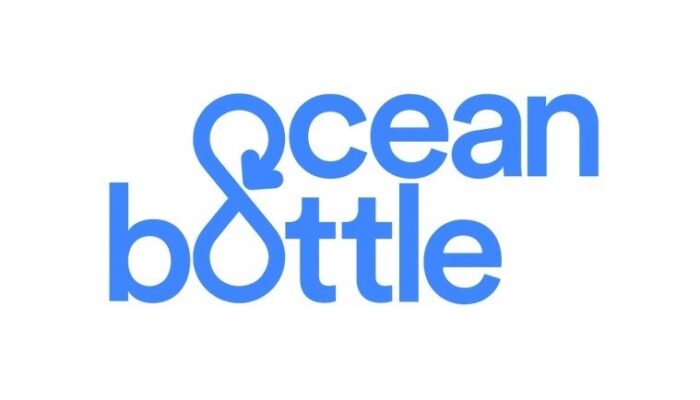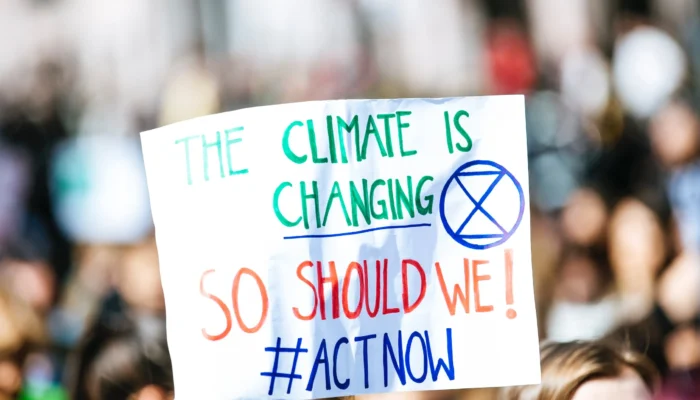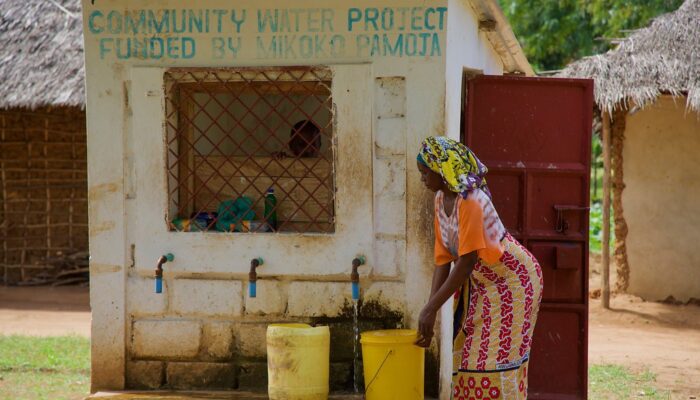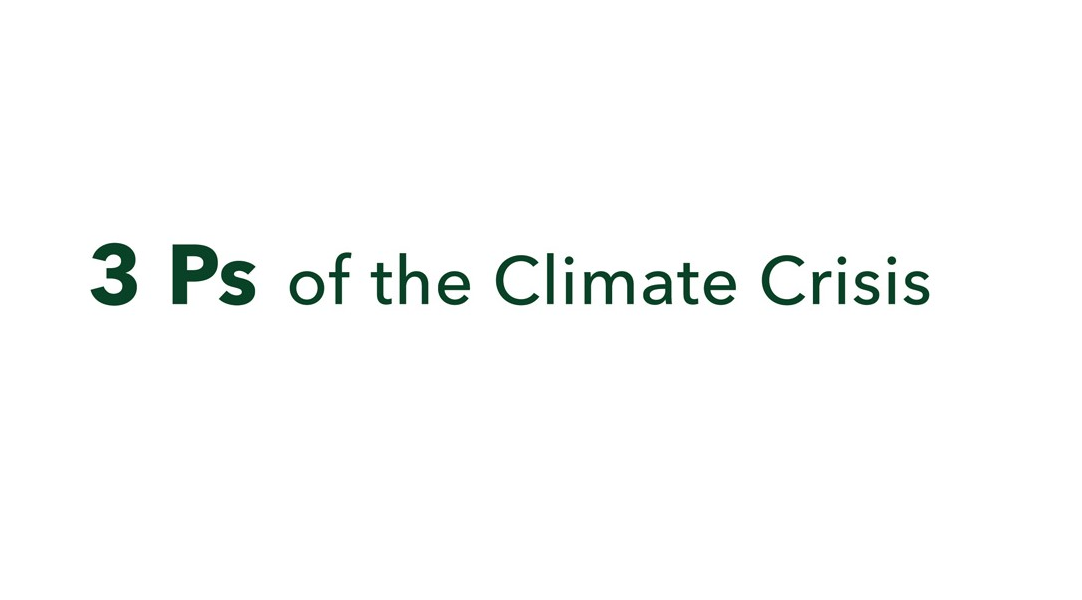
Robyn Shilland (10min read)
The climate crisis is the biggest challenge of our time. It affects every one of us on earth, and we all have a responsibility to be part of the solution. Tackling this crisis head-on is a huge and complex task. It involves all of us acting not only as individuals but as institutions and as a community. It involves bold decisions, decisive action and a willingness to make changes to our own lifestyles.
When we’re faced with how to approach the challenge as individuals, organisations, nations and as an international community, there are debates as to who should be bearing the burden of action. We can all do our bit as individuals – walking, cycling or taking the bus, cutting down on flying, turning the heating down a degree or two – but these changes can feel piecemeal in comparison to emissions from industries and from nations as a whole. And alongside this, there’s the concept of offsetting – continuing to emit but paying to make up for it elsewhere.
Reducing our carbon footprint – as individuals, institutions and nations – is first and foremost when it comes to making a difference. Our lifestyles, particularly in the west, are unsustainable – this has been recognised for decades now, and yet we are only recently coming to truly accept this. The Global Footprint Network estimates that we need 1.75 earths to sustain our lifestyle. That number shoots up when you look at individual developed countries – if we all lived like the UAE, for example, we would need 5.4 earths to sustain our lifestyle.
More recent than the push to reduce our footprint is the concept of offsetting. Offsetting means paying for activities or land management measures that make up for emissions or degradation elsewhere. Carbon offsetting is the most prominent form of offsetting today, and involves people, organisations and nations paying for activities that absorb CO2 from the atmosphere in order to offset their own carbon emissions such as from flights.
Carbon offsetting has been criticised as a distraction from reducing carbon emissions. Why bother changing our activities and lifestyles when we can just pay someone else to make up for it? The economics of offsetting mean that it is largely people and organisations in developed countries paying for offsets in developing countries, raising further ethical challenges about who should be bearing responsibility for the climate crisis.
These criticisms aren’t unfounded. Offsetting should not be used as the first line of defence against the climate crisis – it is simply not enough, and not sustainable, to expect offsets to make up for the lifestyles of developed countries.
Yet, we at ACES still decide to use offsets as a means of conservation. Why?
We see offsetting as just one part of the solution. We have developed the concept of the ‘3 Ps’ to illustrate our position on where offsetting lies in the bigger picture. In order of importance, they demonstrate how action needs to be taken to address the climate crisis.
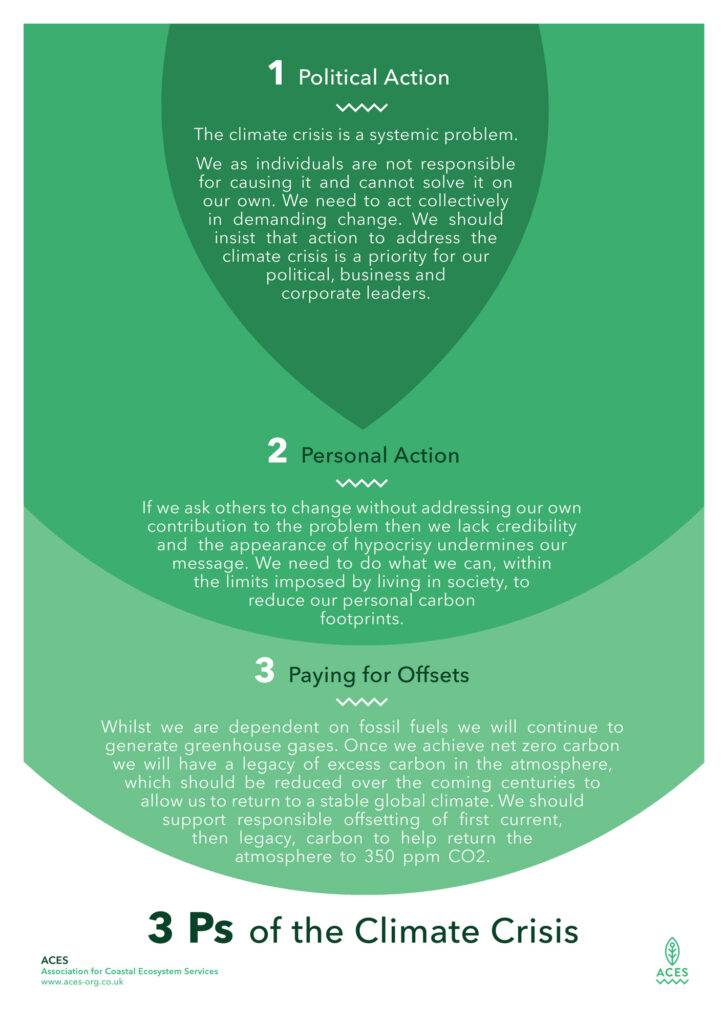
First of all, we need political action. The biggest impact on the climate crisis can be made by the international community taking bold decisions to reduce emissions on national scales to reduce emissions from manufacturing, transport, energy and other large-scale, polluting activities. Actions must be taken by nations to incentivise and facilitate low-carbon lifestyles, and these lifestyles must be adopted through personal action. The climate crisis is out of the hands of individuals alone, but by making changes to our own lifestyles we can make a collective contribution to the solution to the climate crisis. Taking public transport instead of the car, cutting out non-essential flights and making our homes more energy-efficient may feel like a drop in the ocean, but together our carbon reductions add up. And as consumers we can vote with our wallets, demanding that institutions change their ways.
Yet we can only go so far. It will take time to adapt as a society to a truly low- or zero-carbon lifestyle. Even with the best intentions, we are all at risk of overshooting the one-planet lifestyle. And this is where offsetting comes in. It is the last resort after we have done what we can as individuals, institutions and nations to reduce our carbon footprint.
For this reason, we seek to work with responsible and ethical buyers. We encourage anyone buying offsets from us to first look at their lifestyles and ask whether they can first reduce their carbon footprint, rather than paying to offset it. We are ever-conscious of ‘greenwashing’ and want no part in superficial or unethical attempts to appear more environmentally-friendly. We want our clients to understand and share these values. We would rather our clients reduced their contribution to us if it meant reducing their carbon footprint first.
We accept that offsetting is not perfect as a solution to the climate crisis. It is not even the most important solution. It can have its flaws, and it is up to us, as the managers of offsetting projects, to face these flaws head-on and create projects that are ethical, sustainable and grounded in local communities. We have seen the success that well-run offsetting projects can have for people and the environment, and we will continue to advocate for the place of these projects in a wider global effort to stop the climate crisis.
